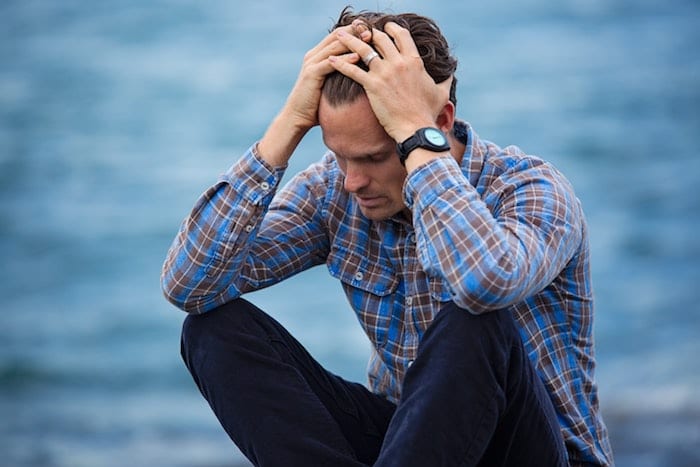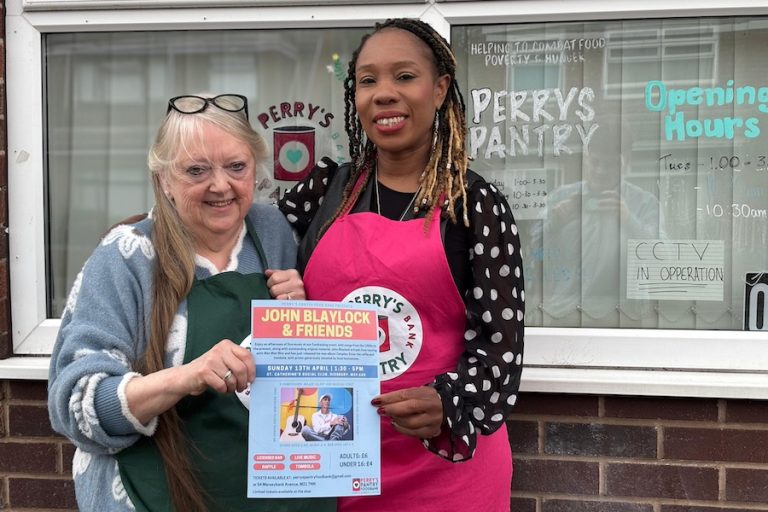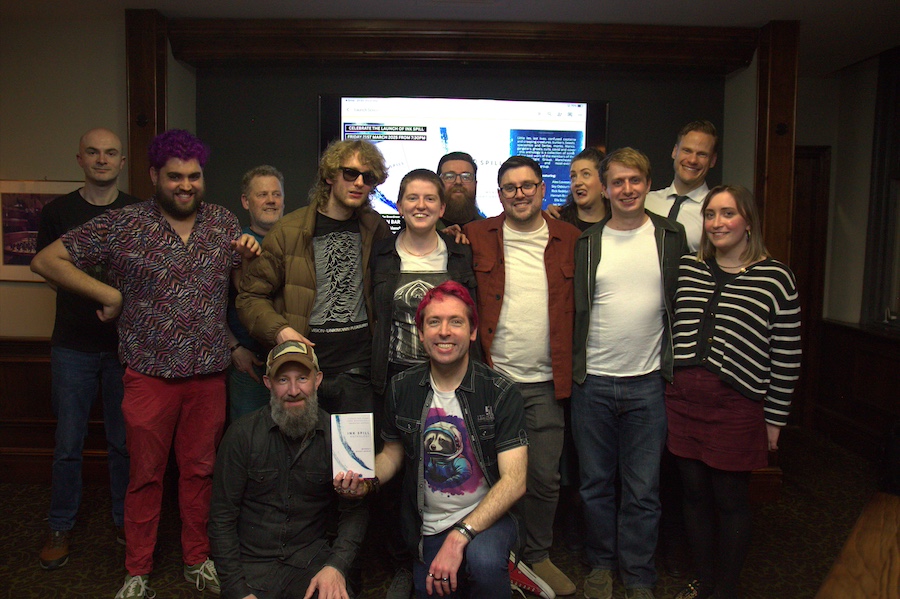The best places to seek mental health support in Manchester – and the common suicide warning signs to look out for
- Written by Lee Bennett
- Last updated 5 years ago
- Health & Wellbeing

Suicide is the most common cause of death in UK males aged between 20 and 49, according to The Samaritans.
Each year, over 6,000 people take their own lives in the UK – with tens of thousands more suicide attempts.
Just let that sink in.
Each and every suicide is both an individual tragedy and a loss to society. Nobody should have to feel suicide is the only option to their problems or how they’re feeling is to not be here anymore.
A problem shared is a problem halved. Although at the time it might not feel like it, talking about your problems with someone is one of the best things you can do.
Heartbreakingly, around three-quarters of people in the UK who take their own lives are not in contact with any mental health services or support.
Warning Signs
As people, we all go through lots of different experiences in life. Our brains, although made the same – are all wired differently and that can affect our thoughts, feelings and emotions.
Unlike other illnesses, those who struggle with their mental health can be difficult to identify and sometimes there really is no telling if someone we know is thinking about such drastic actions – unless they talk to us about it.
However, there are some warning signs to look out for – and helpful advice that we can think about to make sure we’re all playing our part in looking out for each other.
Feelings
A major sign of someone who is struggling with their mental health are those who are having a hard time with their feelings. Sometimes people might share with you that they’re feeling a certain way. Sometimes, if you notice someone acting out of the ordinary, it might fall on you to ask them.
Common feelings linked to suicide include feeling hopeless, helpless, lonely, disconnected, worthless, powerless, desperate, irritable, shame, rejection, sadness, isolation, anger, exhaustion and trapped.
Behaviours
When someone is struggling with their mental health, they might also change their behaviour, acting in a different way to their usual personality.
This could be increased alcohol or drug use, withdrawal from family and friends, giving up activities that were previously important, self harming, uncharacteristic recklessness or risk taking, emotional outbursts, mood swings, fighting and previous suicide attempts or thoughts.
Physical Changes
When someone is under a lot of stress and struggling to cope – their physical changes can also be a sign that something isn’t right – most commonly too little sleep, a loss of energy or willingness to participate, loss of interest in personal hygiene or appearance, sudden or extreme changes in eating habits, significant weight loss or weight gain and chronic illness or pain.
It’s ok not to be ok. Asking for help isn’t a sign of weakness, it’s a sign of strength. With this in mind, we’ve compiled a list of the best places for anyone who feels that they might need to talk to someone – or seek advice on behalf of someone else – as well as warning signs to look out for.
Samaritans
Operating 24 hours a day, every day of the year – Samaritans are there to talk to you about anything that’s bothering you and is completely confidential. You can call 116 123 free of charge – or if you’d rather not talk over the phone, you can email them at jo@samaritans.org or pop in and visit a branch in person.
PAPYRUS
A national charity that helps support teenagers and young adults under 35 who are feeling suicidal, struggling with suicidal thoughts or are concerned about someone who might be struggling. You can call them on 0800 068 41 14, text them on 07786209697 or email them at pat@papyrus-uk.org
The Sanctuary
A helpline for anyone who is struggling to cope, or experiencing depression, anxiety, panic attacks or is in crisis. You can call them on 0300 003 7029 between 6pm and 1am every night.
SANE
Mental health charity SANE will talk to you about your mental health or mental health of someone you know or support. Call them on 0300 304 7000 from 4.30pm to 10.30pm every day.
CALM
The Campaign Against Living Miserably is specifically for men. Open from 5pm to midnight everyday, call 0800 58 58 58 – or contact them via their online chat service.
Switchboard
Switchboard is for LGBT+ people and can be used to talk about any problems or issues you may be struggling with. Call 0300 330 0630 from 10am to 10pm every day, or you can also use their online chat service or email chris@switchboard.lgbt. All phone operators identify as LGBT+.
Childline
Specifically for children and young people, Childline operate a 24 hour helpline service for you to seek help and advice. Call 0800 1111 for free. And the number doesn’t show up on your phone bill.
Depression Alliance
Although this charity doesn’t offer a helpline, you can find a range of useful resources and links to relevant help and advice for those dealing with depression.
Andy’s Man Club
New to Manchester, Andy’s Man Club already operates in several locations around England, and is a safe space for males who are struggling with mental health or suicidal thoughts. To attend a local meeting simply check the website for the locations and times of weekly meetings – and turn up. In Manchester, the group meet every Monday at 7pm.
- This article was last updated 5 years ago.
- It was first published on 10 October 2019 and is subject to be updated from time to time. Please refresh or return to see the latest version.
Did we miss something? Let us know: press@ilovemanchester.com
Want to be the first to receive all the latest news stories, what’s on and events from the heart of Manchester? Sign up here.
Manchester is a successful city, but many people suffer. I Love Manchester helps raise awareness and funds to help improve the lives and prospects of people across Greater Manchester – and we can’t do it without your help. So please support us with what you can so we can continue to spread the love. Thank you in advance!
An email you’ll love. Subscribe to our newsletter to get the latest news stories delivered direct to your inbox.
Got a story worth sharing?
What’s the story? We are all ears when it comes to positive news and inspiring stories. You can send story ideas to press@ilovemanchester.com
While we can’t guarantee to publish everything, we will always consider any enquiry or idea that promotes:
- Independent new openings
- Human interest
- Not-for-profit organisations
- Community Interest Companies (CiCs) and projects
- Charities and charitable initiatives
- Affordability and offers saving people over 20%
For anything else, don’t hesitate to get in touch with us about advertorials (from £350+VAT) and advertising opportunities: advertise@ilovemanchester.com



The eclectic group that’s been helping writers cut their teeth for 50 years

Manchester and Los Angeles prove that opposites really do attract

“His presence will be deeply missed” Children’s hospice bids farewell to their visionary CEO

















